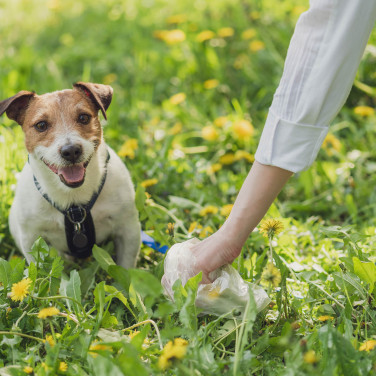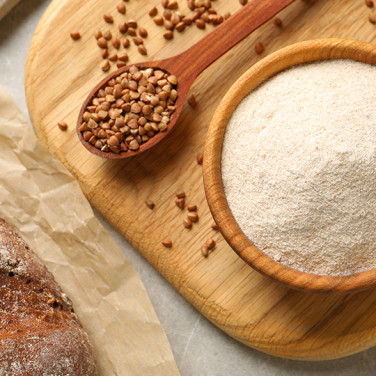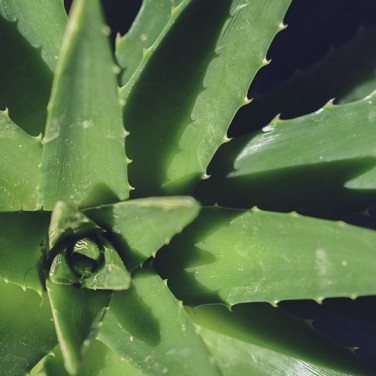FOOD
Can Dogs Eat Duck? Benefits and Risks of Feeding Your Pup Duck Meat
페이지 정보
본문


Can dogs eat duck meat? YES!
Duck meat is a healthy food that is suitable for dogs to eat, and is often used as dog food or a snack. Compared to other meats, duck meat has less saturated fat and is less likely to cause allergic reactions in dogs, making it a great option for food-sensitive pups. There are some precautions to consider when feeding certain parts of the duck, but in this article we will go over the health benefits, what parts you can feed, and how to feed them in the correct manner.
What are the health benefits of feeding duck meat to dogs?
Complete protein
Duck meat is rich in protein and amino acids, which your dog needs to maintain healthy muscles and repair their skin. Meat protein is one of the essential nutrients that dogs need to consume, and it plays an important role in developing the immune and musculoskeletal systems.
Monounsaturated fat
Although the fat in duck meat may appear greasy and high in saturated fat, it is actually lower in fat than chicken breast. In fact, duck meat contains more healthy monounsaturated fats, which are particularly beneficial for active dogs as this type of fat can be used as a great energy source.
Duck meat also has a fairly high amount of omega-3 and contains some omega-6 fatty acids, which benefit a dog’s body in the following ways:
-
Omega 3
Supports brain development, boosts the dog's immune system, and helps with heart and kidney health. It is also effective in reducing inflammation and improving conditions like arthritis.
-
Omega 6
Helps with bone health and plays a role in restoring and improving the muscle tissue and skeleton that make up the dog's body. It can also help regulate metabolism and promote healthy skin and coat quality.

Vitamin B
Duck meat is rich in several types of B vitamins.
-
Vitamin B1 (Thiamine) + Vitamin B12 (Cyanocobalamin)
Nutrients that promote healthy cell growth and nervous system support.
-
Vitamin B3 (Niacin)
Regulates glucose levels and helps convert proteins, fats, and carbohydrates into energy.
-
Vitamin B2 (Riboflavin)
Riboflavin is an essential component that your dog's body needs to break down proteins, carbohydrates, and fats into energy. A deficiency in riboflavin can interfere with your dog's digestion, making it difficult for them to process food properly. In addition, riboflavin also plays a crucial role in the repair and growth of DNA, which helps maintain overall health and aids in the growth and healing of your dog.
-
Vitamin B6 (Pyridoxine)
It plays a vital role in maintaining a healthy metabolism and promoting cardiovascular health. Additionally, this vitamin is responsible for several important bodily functions, including gluconeogenesis, hormone regulation, niacin synthesis, and activation of genes. It also supports the proper functioning of the red blood cells and nervous system.
-
Vitamin B5 (Pantothenic acid)
Vitamin B5 helps with the dog’s metabolism and helps convert fats, proteins, and carbohydrates into energy.
Minerals
-
Selenium
Selenium plays an important role in normal immune function and thyroid hormone metabolism.
-
Iron
Iron helps to produce blood and prevent anemia.
Precautions when feeding duck meat to dogs
Duck meat has a fairly high content of fat, so it is important to check for high cholesterol levels when considering feeding some to your dog. The legs and skin contain the most amount of fat content, while the breast meat is relatively low in fat. It is recommended to feed duck breast meat to dogs with obesity or high cholesterol levels. When serving duck meat, it is best served cooked or grilled with any added seasonings, butter, or oil.

Can dogs eat raw duck?
Dogs can technically eat raw duck meat, but it's not recommended. The fat in raw duck hasn't been rendered by any cooking processes, so the raw duck meat will be much fattier than a cooked duck. This high-fat content can make it harder for your dog to digest, potentially leading to gastroenteritis, diarrhea, obesity, or pancreatitis. It is important to note that raw duck, like any raw meat, can be contaminated with dangerous pathogens such as E. Coli or Salmonella. Feeding your dog raw duck meat could put them and even you at risk of serious illness.
Can dogs eat duck bones?
When it comes to feeding your dog duck bones, it's important to be mindful of the potential risks associated with certain types of bones. Cooked duck bones, in particular, are fragile and prone to snapping or splintering, which can cause serious harm to your pet's mouth, throat, and internal organs. Weight-bearing bones like thigh bones should also be avoided.
However, there are still some bone options that can be safe and even beneficial for dogs, such as raw duck necks, legs, or wings that can help clean their teeth. Just be sure to take the same precautions you would with any raw meat, as they can still pose a risk of contamination. As always, it's important to monitor your dog closely while they're chewing and to seek veterinary care if you suspect any issues with ingestion.
Commercial duck bone dog snacks
Duck wings, legs, and neck bones are commonly sold as snacks. This type of treat is typically prepared through low-temperature drying, making it safe to feed to your dog. However, for small dogs, there is a risk of choking if they swallow the bone without chewing it properly. It's important to closely monitor your dog while they are indulging in some duck bone snacks.
Can dogs eat duck eggs?
Duck eggs are a protein-packed alternative to chicken eggs that offer numerous nutritional benefits for your furry friend. While they contain more protein, iron, omega-3, folate, choline, vitamin A, and vitamin D than chicken eggs, they also have a higher fat and cholesterol content. It's safe to feed your dog cooked duck eggs, but if your pup has high cholesterol, it's best to avoid them. Be careful not to overfeed your dog due to their larger size and higher fat content, and opt for cooked eggs to avoid harmful pathogens like salmonella.
Wondering if you can feed your dog any other foods besides duck?

Does your dog also give you puppy dog eyes when you're snacking on something? You may know that certain foods like chocolate shouldn't be shared with them, but do you always check online to see if it's okay to give them a bite of what you're eating? The Buddydoc Food Dictionary has information on hundreds of human foods and whether they are safe and nutritious for pets. If you want to know more about other foods, try looking them up on Buddydoc!













